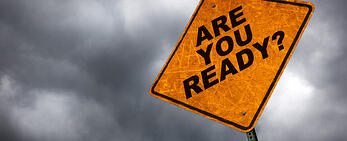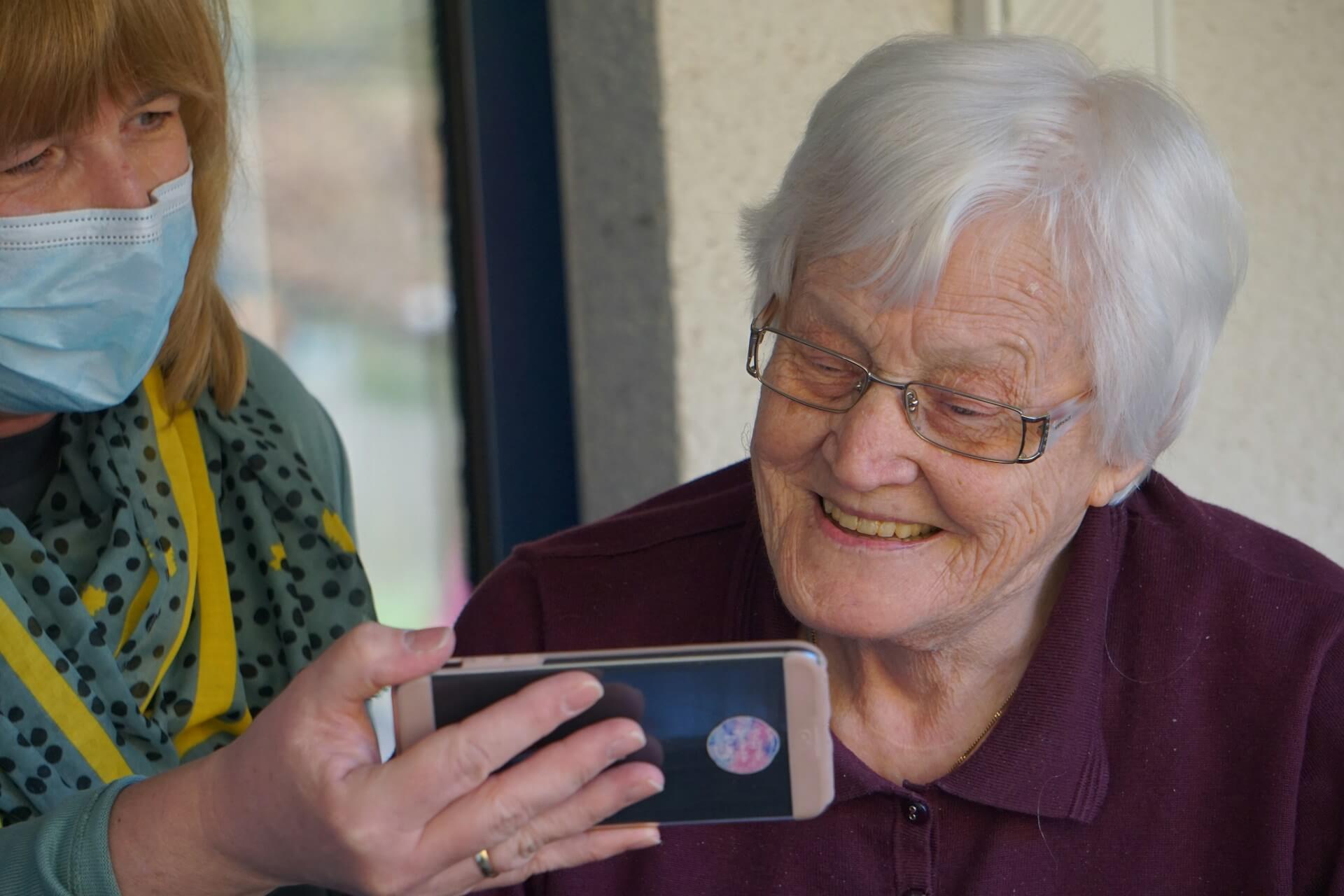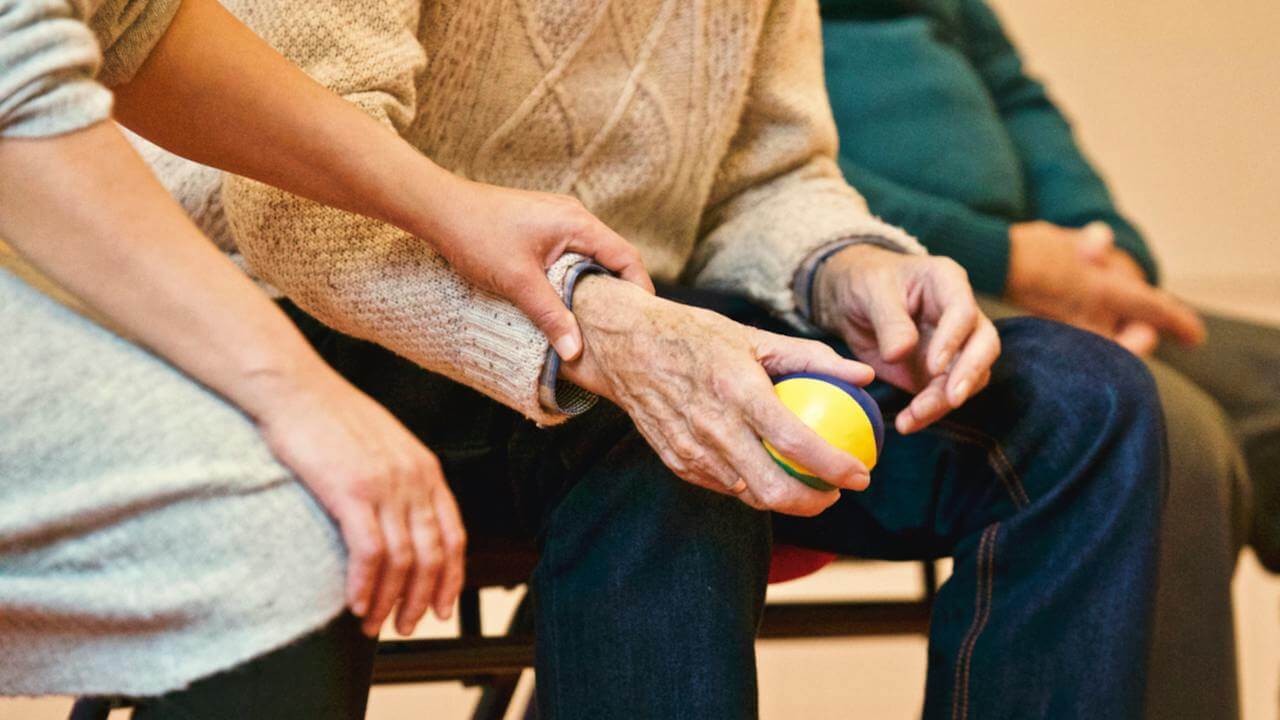
As we move into the official summer season of 2013, we are also moving in to hurricane season. When Hurricane Sandy struck the East Coast last year, it revealed the special challenges seniors can face in a natural disaster. Without electricity to run elevators, many older and physically challenged residents were unable to manage the difficult walk down darkened staircases. Many were stranded in their apartments. Food, water and medications ran low, creating further stress and danger to these citizens.
Emergencies and disasters can strike quickly and without warning and can force you to evacuate your neighborhood or be confined to your home. What would you do if your basic services—water, gas, electricity —were cut off?
Planning a disaster strategy is a good idea.
Here are a few disaster planning tips address the needs of seniors
Create a support network. The American Red Cross recommends that senior citizens create a personal support network made up of several individuals who can check in an emergency, to ensure wellness and help out as needed. This network may be made up of friends, roommates, family members, relatives, personal care attendants and other caregivers, co-workers and neighbors. Ideally, a minimum of three people can be identified at each location where you regularly spend time, for example at work, home, school or volunteer site.
Stock medications and supplies. According to the U.S. Administration on Aging this includes items you would need to survive in your home until help arrives; it should also include personal evacuation bag, partially packed and ready to go. It is a good idea to keep a well-stocked emergency kit, filled with nonperishable foods, flashlights and batteries, a storm radio and bottled water. It is generally advised to keep at least one week’s worth of medications on hand. One may want to consider how to keep medications that require refrigeration.
Tip: Refill ongoing medications before you run out to ensure a basic supply.
Click to read more information and to access a printable checklist.
Keep emergency documents safe and accessible. In your waterproof container with your emergency supplies, you might also keep these items:
• Copies of important documents
• Important key contact info
• Social Security number
• Bank & credit card account numbers
• Doctors’ contact info
• Medical insurance cards.
• Copies of written prescriptions
• List of medical devices (with serial numbers)
Make a personal plan. If you have limited mobility or are disabled, you may be able to register with your local fire department or office of emergency services for special assistance. If you use an electric wheelchair or scooter, consider keeping your old, unpowered model around for emergency use. If you are receiving health care services at home, ask your home health provider about emergency procedures. For example, if you depend on electric power for home dialysis or infusion, you’ll want to know your options for temporary emergency power or, in the case of home infusion, you may want to discuss having a back-up drip system.
Older adults may be particularly vulnerable during a disaster, especially if they have one or more chronic illnesses, functional limitations, or dementia. Emergency preparedness experts have begun to recognize these special needs and are preparing to assist this population.
Thanks to advances in modern medicine and technology, many seriously ill people continue to live in their own homes with support from caregivers and professionals. These people need a well thought-out emergency plan to accommodate medical devices and medications
At Ezra Home Care, our administrative staff is trained to respond to all situations quickly and carefully; each member of the administrative team is also a skilled and experienced caregiver. Our dedicated caregivers are trained to assist and support their clients in most emergency situations.

Additional Resources for Emergency Planning:



 Tweet
Tweet
 Share
Share



